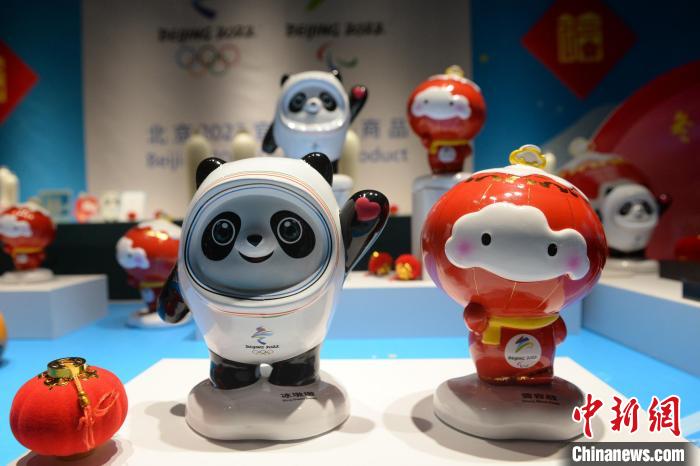
(ECNS) -- A franchise porcelain factory are busy making Bing Dwen Dwen and Shuey Rhon Rhon, mascots for the 2022 Winter Olympics, in Dehua County, south China's Fujian.
"Though the workers have ended their Chinese New Year holiday a day ahead of schedule, they can hardly meet the market demand," said Zheng Pengfei, a person in charge of the porcelain factory in Dehua. More than 200 workers are toiling extra hours on producing the mascots, according to Zheng.
Porcelain mascot production is difficult. The head of Shuey Rhon Rhon and feet of Bing Dwen Dwen are easy to crack or even break while the patterns on their faces are hard to match with their bodies.
The samples were finally recognized by the organizing committee of the Beijing Winter Olympics after several months of tests and approved for mass production, said Zheng.
Porcelain Bing Dwen Dwen and Shuey Rhon Rhon are totally handmade, which involves a dozen procedures, including modeling, polishing, firing, coloring, drying, etc, costing about a month. They have proved the strength of "Made in China" and shown the ingenuity of porcelain craftsmen, said Zheng.
"Porcelain is a symbol of China. I think the combination of porcelain elements with the mascots of the 2022 Olympic and Paralympic Winter Games will enable more people to learn about this traditional craft," Zheng added.
Dehua porcelain products have been exported to countries along the Maritime Silk Road on a large scale since the Song and Yuan dynasties (960-1368). They are as renowned as Chinese silk and tea in the world.In 2015, Dehua was entitled "the city of porcelain of the world" by the World Crafts Council (WCC).
Nowadays, 70 percent of porcelain products from Dehua are sold to more than 190 countries and regions worldwide, with the output value in 2021 exceeding 45 billion yuan (about $7.07 billion).








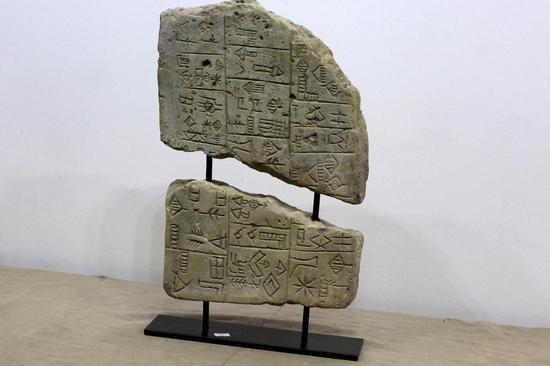


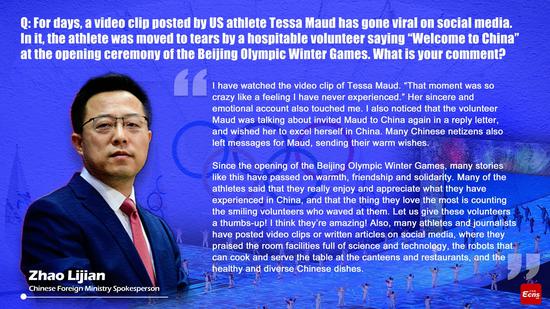
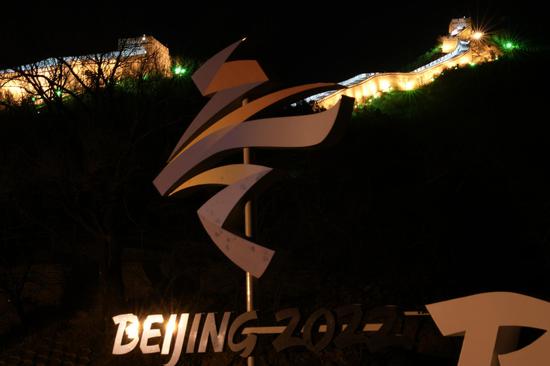
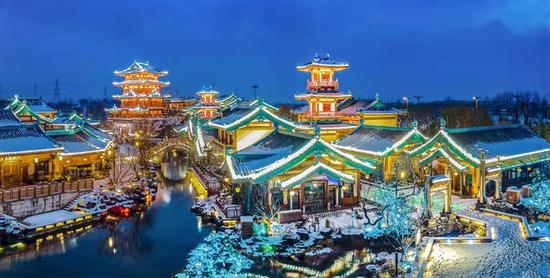
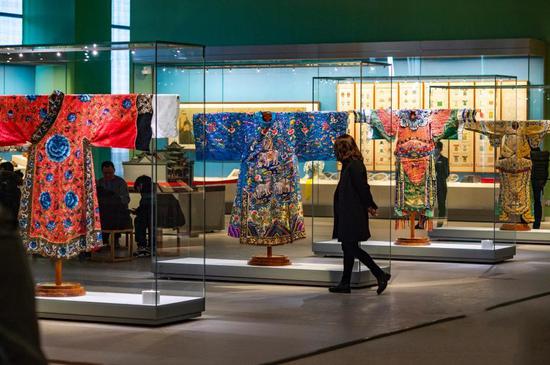
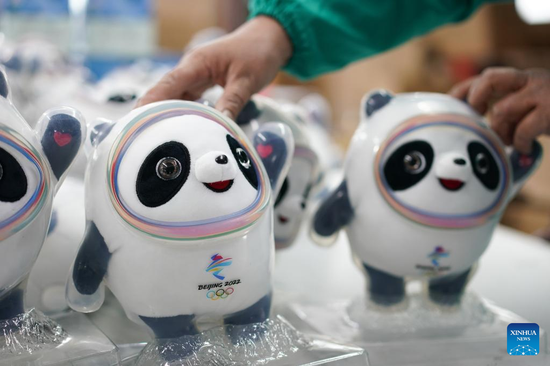
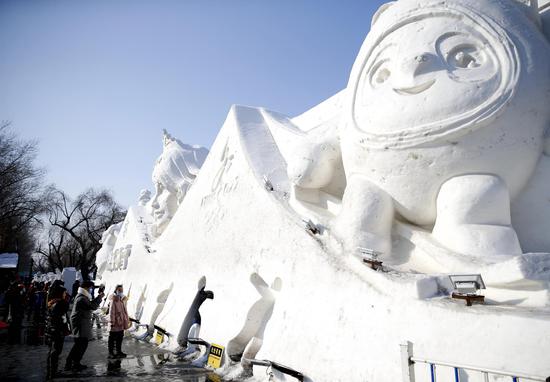
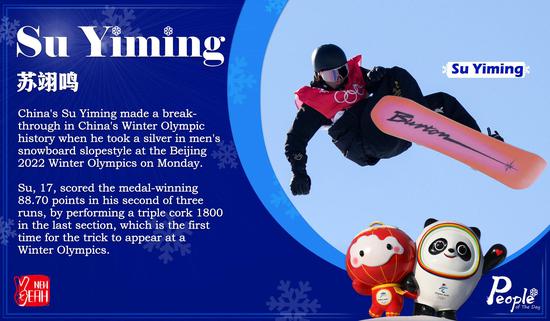



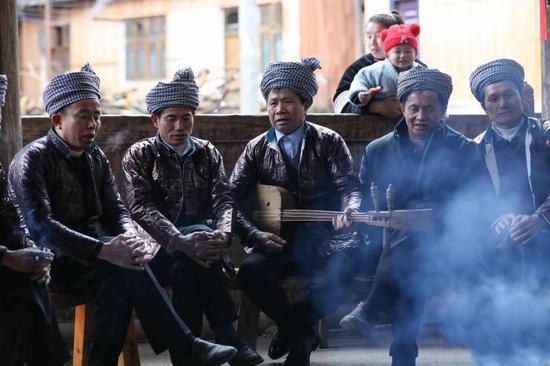

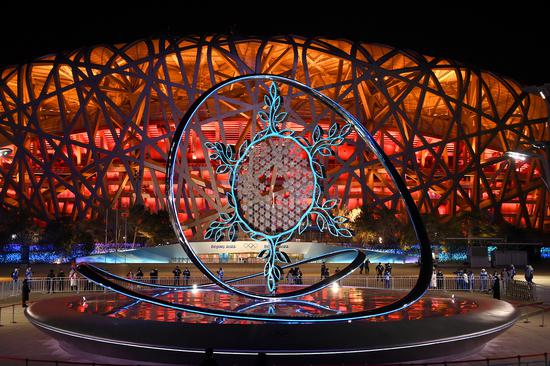
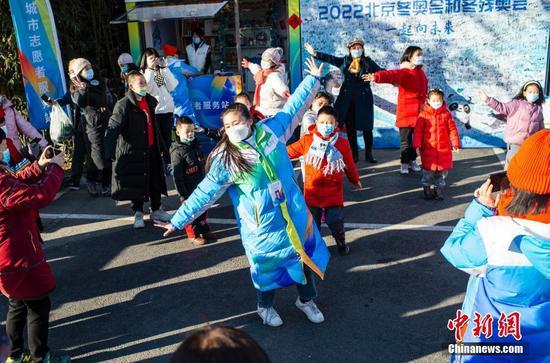
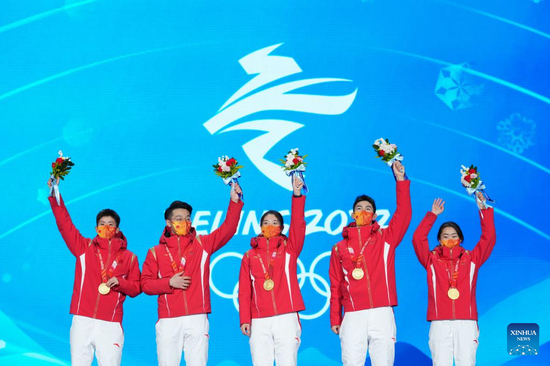
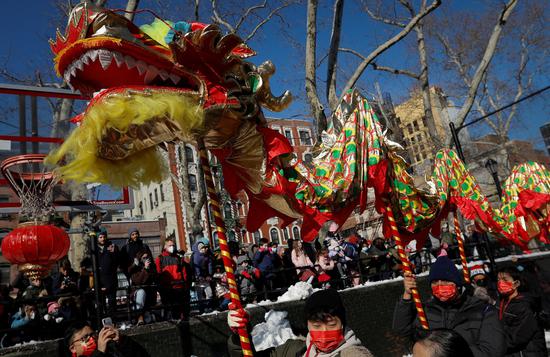
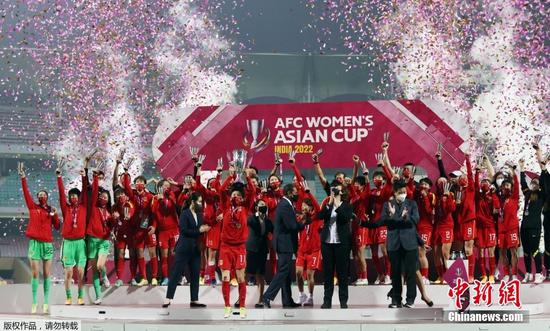
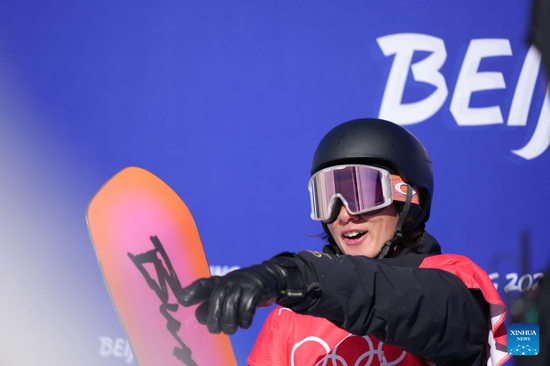
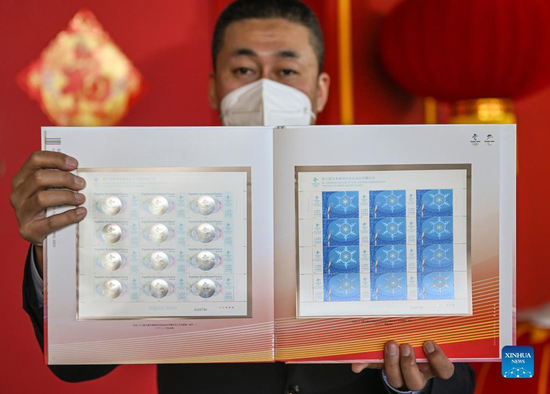
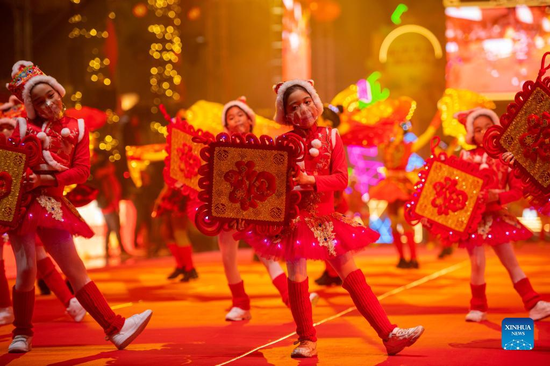
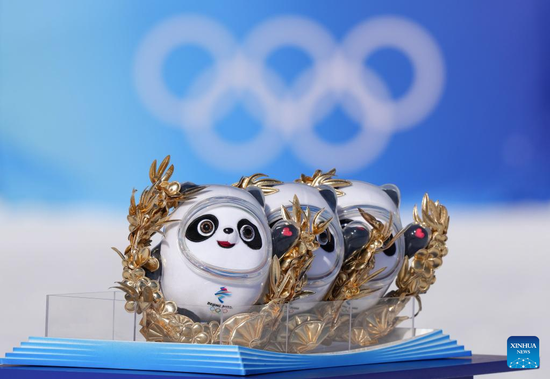
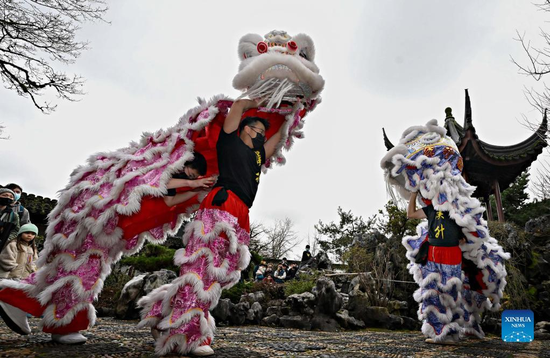
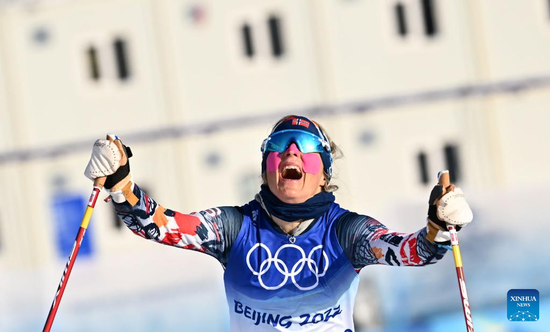
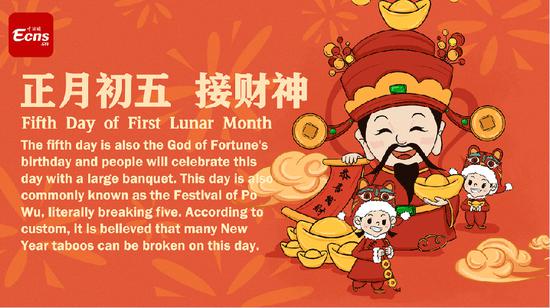
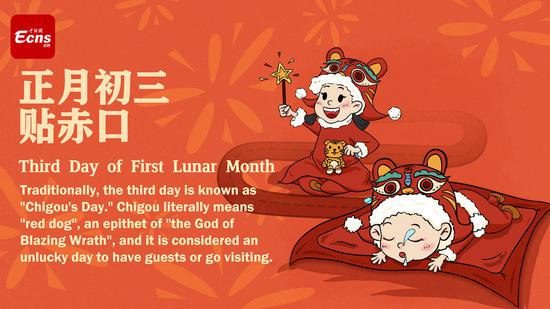
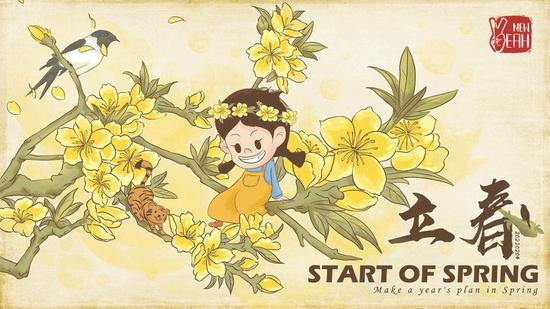
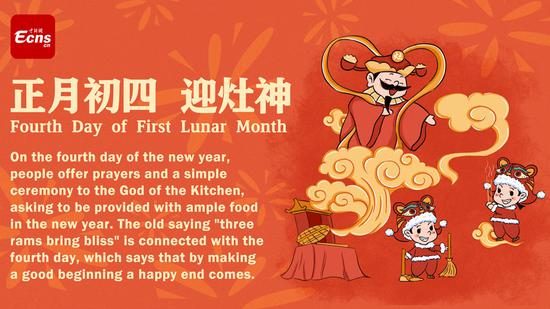
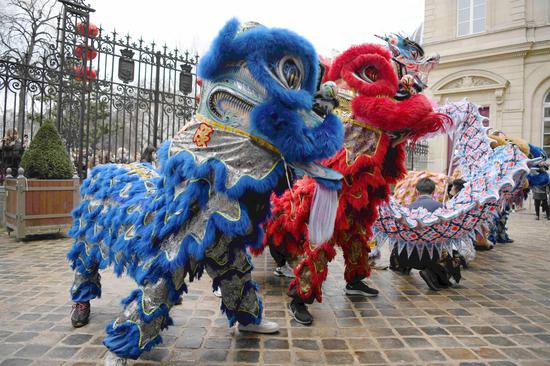
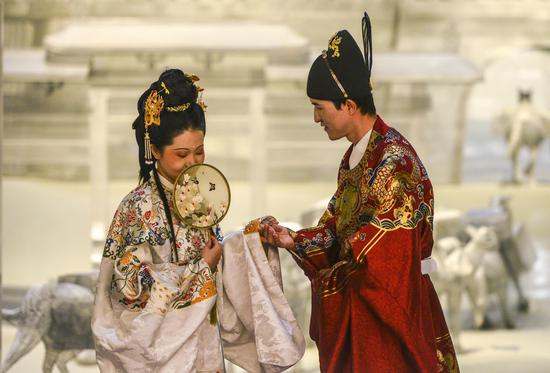

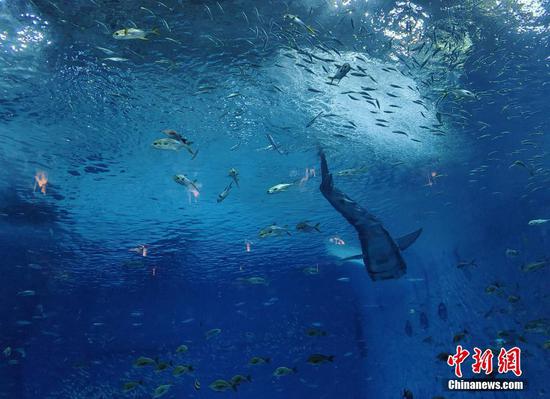
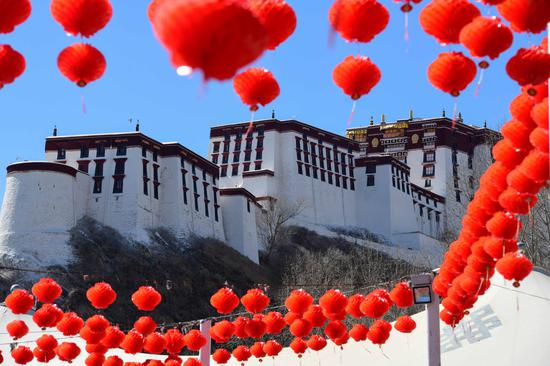
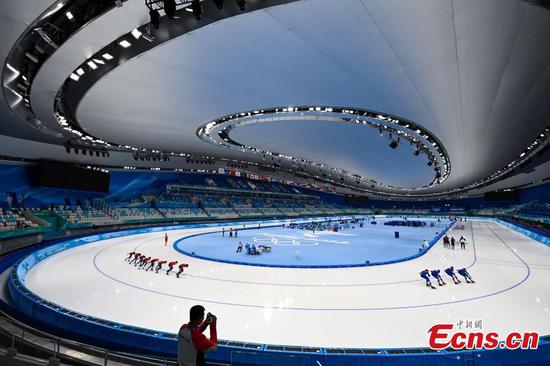
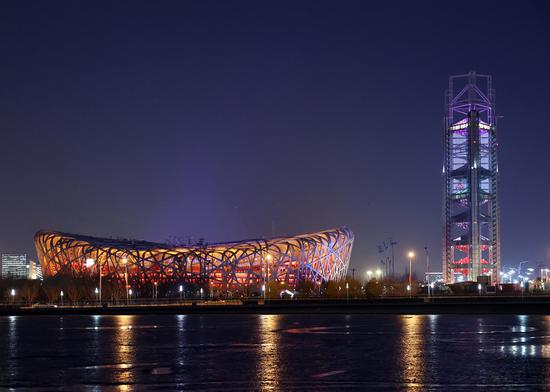





 京公网安备 11010202009201号
京公网安备 11010202009201号